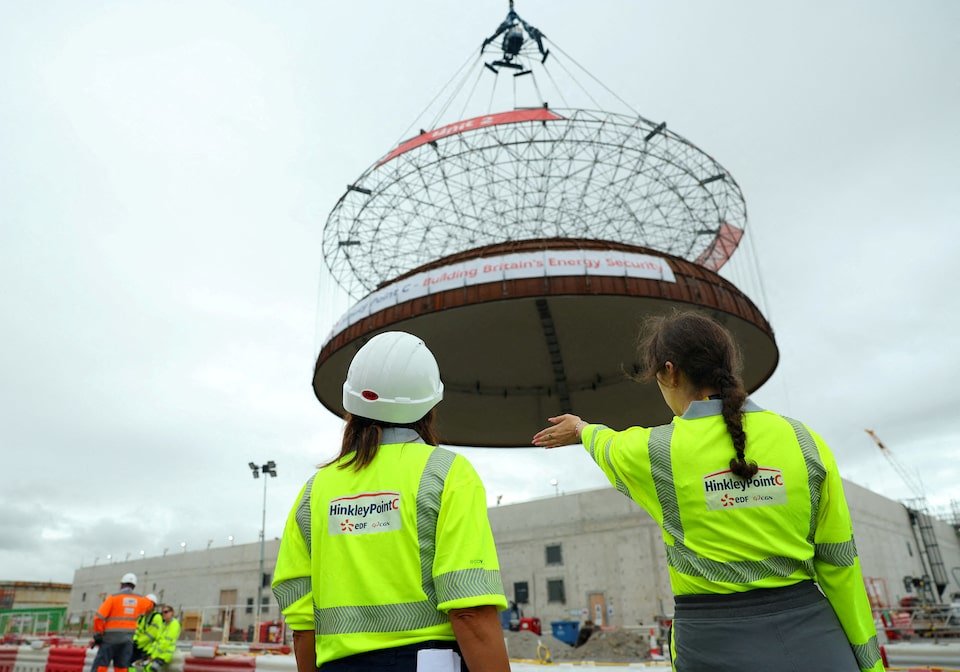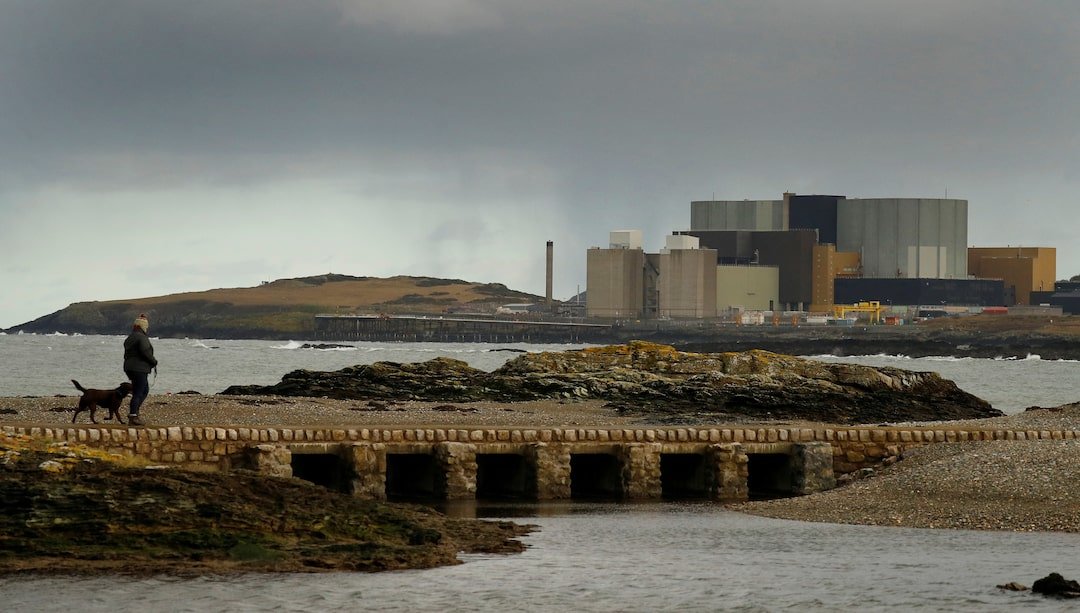UK Selects Wylfa in North Wales for First Small Modular Reactor Plant
£2.5 billion investment backs Rolls-Royce SMRs in Anglesey, powering three million homes and sparking US opposition
The United Kingdom government has officially chosen Wylfa on the island of Anglesey, North Wales, as the site for Britain’s first commercial small modular reactor (SMR) power station.
The announcement aligns with a £2.5 billion investment and marks a strategic step in the country’s energy infrastructure overhaul.
The designated technology for the project comes from Rolls‑Royce SMR, selected in June earlier this year as the preferred bidder to deliver the first wave of SMRs. The new reactors are expected to provide power equivalent to approximately three million homes and create up to 3,000 construction-phase jobs locally, with grid connection targeted for the 2030s.
Wylfa was also the preferred site for a large-scale nuclear power station, but the government’s decision to proceed with the modular format reflects its ambition to deploy nuclear capacity more quickly and cost-effectively.
SMRs, which are smaller and factory-built, are seen as a key pillar in the government’s plan to increase domestic nuclear power and reduce reliance on more variable energy sources.
The announcement comes amid friction with the United States.
A U.S. ambassador publicly expressed disappointment over the UK’s decision, arguing that large-scale reactor options—particularly those backed by U.S. firms—could deliver clean energy more swiftly and affordably.
The UK government responded that its choice reaffirms national industrial strategy and advances its ambitions for national energy security.
While two large traditional nuclear plants—Hinkley Point C and Sizewell C—are already under construction, ministers emphasise the SMR programme will fast-track progress in the intervening decade.
The government has also instructed the state-owned company Great British Energy – Nuclear (GBE-N) to identify a site for a further large-scale project by autumn 2026.
Supporters of the Wylfa SMR project highlight its potential to revitalise the local economy, accelerate the net-zero transition and build a domestic supply-chain in advanced nuclear technology.
As Britain pursues a dramatic increase in nuclear capacity out to 2050, the Wylfa SMR marks the beginning of a new era for the UK’s nuclear delivery landscape.
The announcement aligns with a £2.5 billion investment and marks a strategic step in the country’s energy infrastructure overhaul.
The designated technology for the project comes from Rolls‑Royce SMR, selected in June earlier this year as the preferred bidder to deliver the first wave of SMRs. The new reactors are expected to provide power equivalent to approximately three million homes and create up to 3,000 construction-phase jobs locally, with grid connection targeted for the 2030s.
Wylfa was also the preferred site for a large-scale nuclear power station, but the government’s decision to proceed with the modular format reflects its ambition to deploy nuclear capacity more quickly and cost-effectively.
SMRs, which are smaller and factory-built, are seen as a key pillar in the government’s plan to increase domestic nuclear power and reduce reliance on more variable energy sources.
The announcement comes amid friction with the United States.
A U.S. ambassador publicly expressed disappointment over the UK’s decision, arguing that large-scale reactor options—particularly those backed by U.S. firms—could deliver clean energy more swiftly and affordably.
The UK government responded that its choice reaffirms national industrial strategy and advances its ambitions for national energy security.
While two large traditional nuclear plants—Hinkley Point C and Sizewell C—are already under construction, ministers emphasise the SMR programme will fast-track progress in the intervening decade.
The government has also instructed the state-owned company Great British Energy – Nuclear (GBE-N) to identify a site for a further large-scale project by autumn 2026.
Supporters of the Wylfa SMR project highlight its potential to revitalise the local economy, accelerate the net-zero transition and build a domestic supply-chain in advanced nuclear technology.
As Britain pursues a dramatic increase in nuclear capacity out to 2050, the Wylfa SMR marks the beginning of a new era for the UK’s nuclear delivery landscape.












